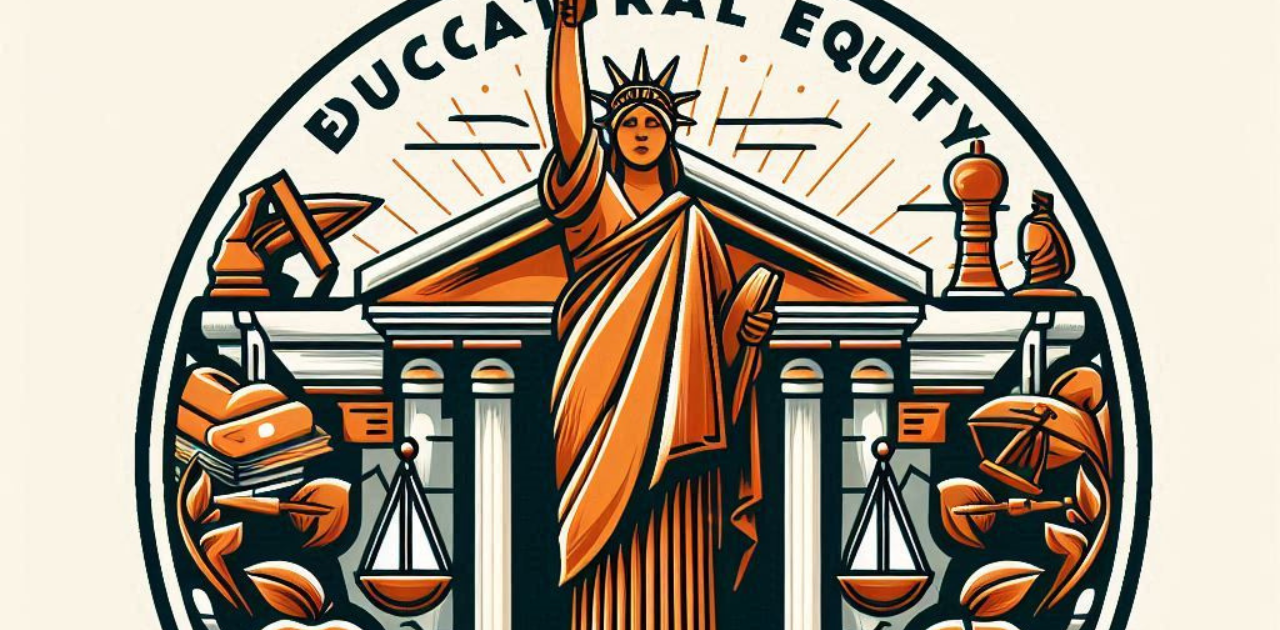Contents
Educational Equity: Striving for Justice and Opportunity
Introduction
Educational equity is the principle that all students, regardless of their background, have equal access to high-quality education and opportunities to succeed. It includes the idea that every student deserves a fair opportunity to reach his or her full potential, regardless of factors such as race, ethnicity, socioeconomic status, gender, or disability.
Body
Educational equity
is a complex issue that is influenced by many factors:

- Socioeconomic Status: Students from low-income families often face barriers to academic success, including limited access to resources, high rates of poverty, and unstable housing.
- Race and Ethnicity: Racial and ethnic disparities in educational outcomes persist, reflecting systemic inequities and biases.
- Gender: Despite progress, gender disparities still exist in some fields of study and leadership positions.
- Disabilities: Students with disabilities may face barriers to access to education and support services.
- Geographic Location: Students in rural or disadvantaged areas often have fewer educational resources and opportunities.
Strategies to promote educational equity include:
- Early Childhood Education: Investing in high-quality early childhood programs to provide a strong foundation for all students.
- Increased Funding for Disadvantaged Schools: Allocating additional resources to schools in low-income communities.
- Culturally Responsive Teaching: Incorporating students’ cultural backgrounds and experiences into the curriculum.
- Advice and Counselling: To provide support and guidance to students from disadvantaged groups.
- Data-driven decision making: Using data to identify disparities and target interventions.
- Teacher Training: Equipping teachers with skills to address diversity and equity in the classroom.
Table: Equity vs Equity
| concept Appreciation | Implications |
|—|—|—|
| Equality | Treating everyone equally Cannot resolve fundamental differences
| Equity | Provide what is necessary to achieve equitable outcomes Identifies and removes barriers to success.
Result
Achieving educational equity requires a multifaceted approach that addresses systemic barriers and provides all students with opportunities to succeed. By investing in early childhood education, increasing funding for disadvantaged schools, and implementing culturally responsive practices, we can create a more equitable and inclusive education system.
Frequently Asked Questions

- What is the difference between equity and equality in education?
- Equity means providing resources and support to ensure that all students have the same opportunity to succeed, while equity means treating everyone the same.
- How does socioeconomic status affect educational outcomes?
- Students from low-income families often face barriers such as limited access to resources, high rates of poverty, and unstable housing, which can negatively affect their academic outcomes.
- What is the role of teachers in promoting educational equity?
- Teachers can create inclusive classrooms, build relationships with students from diverse backgrounds, and advocate for equity policies.
- How can technology be used to address educational inequality?
- Technology can provide access to educational resources for students in remote areas and can be used to personalize learning to meet individual needs.
- What are some of the challenges in achieving educational equity?
- Challenges include funding disparities, teacher shortages, and systemic biases.

Educational equity
is a complex and ongoing challenge. By working together to break down barriers and create inclusive learning environments, we can ensure that all students have the opportunity to reach their full potential.
Would you like to focus on a particular aspect of educational equity, such as the role of technology, the impact of standardized testing, or early childhood education?
